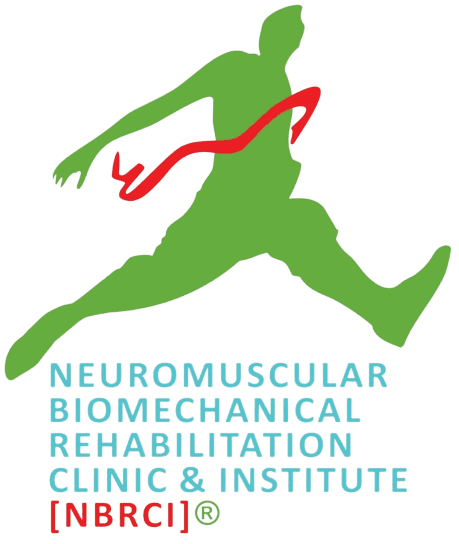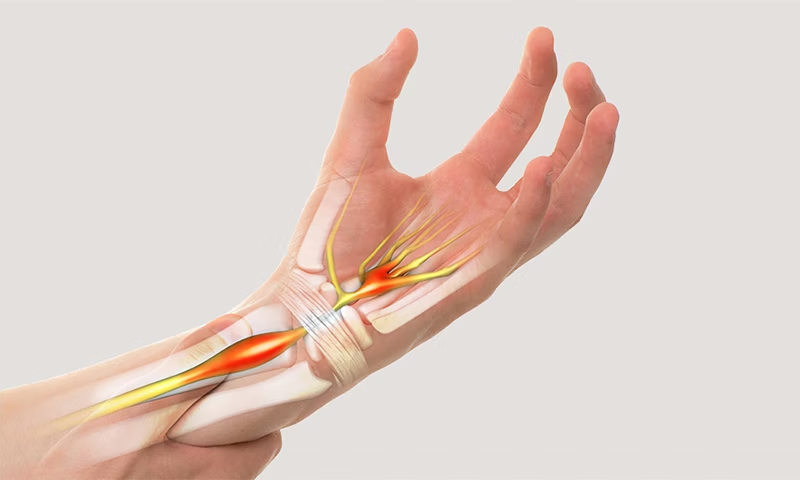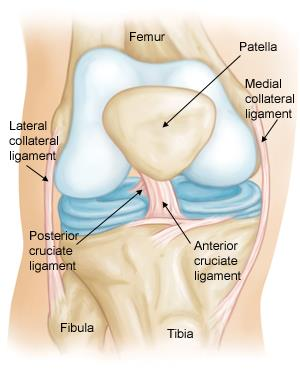Best Nutritionist for Athletes in DHA Lahore | Dr. Riaz Ahmed
After completing a degree in nutrition, there are numerous fields in which a person can pursue a career. You can offer your services in hospitals, start a home care setting, or join the education system. However, one field that has gained significant attention is sports nutrition.
Becoming the best nutritionist in DHA Lahore requires not only working to keep individuals healthy but also optimizing athletic performance. This specialized practice sets a sports nutritionist apart from the rest. Before starting any diet or food plan, it is essential to understand a person’s metabolism, psychology, supplement knowledge, and sports psychology to achieve the best results.
Key components of Athletes’ diet
Our sports medicine specialist, Dr. Riaz Ahmed, at NBR Clinic provides personalized nutrition plans to all the customers who visit our clinic. These plans are tailored according to individual metabolism, energy levels, and other body conditions.
The primary purpose is to improve athletic performance by incorporating the best practices. As the DHA Lahore nutritionist and top nutritionist in DHA Lahore, Dr. Riaz ensures that every plan is customized to meet the unique needs of each athlete.
Carbohydrates
Carbohydrates are regarded as the most preferred source of energy, with maximum content consumed by red blood cells and the brain. These are highly beneficial for the body because they are composed of monosaccharides, which can be broken down and converted into ATP.
This process is crucial for providing endurance and strength. Training athletes for endurance is challenging and requires a high level of intensity and volume, and carbohydrates are excellent for meeting these demands.
Therefore, endurance athletes are recommended to consume up to 13g of carbohydrates per day, while strength athletes are advised to take up to 10g per day for their intense exercises.
Proteins
To meet the needs of macronutrients, we recommend proteins to all athletes, regardless of their category. Proteins are essential nutrients that the human body cannot create on its own. While our body does not use proteins for energy output, they play a vital role in meeting the body’s needs.
Various studies have proven that proteins help maintain the immune system and repair body tissues. For endurance athletes, protein intake is recommended at up to 2g per day, while strength athletes should aim for 2.2g per day.
Fats
Fats are essential for delivering vital nutrients and vitamins to the body. They are beneficial for fighting diseases, reducing inflammation, and balancing hormones. Interestingly, the intake of fats is the same for all types of athletes, whether they are endurance or strength-based.
Proper intake of recommended nutrients is crucial, but scheduling and timing also play a significant role in optimizing performance and recovery. This concept is well-known in the field as nutrition services in DHA Lahore, where expert nutritionists in DHA Lahore focus on nutrition timing to achieve the best results.
Nutrition Timing
Here are the recommendations for nutrition timing for better results:
- Consume carbohydrates 30 minutes before exercise.
- Endurance-based athletes should ensure the use of glycemic carbohydrates.
- If your exercise exceeds 90 minutes, take 60 grams of carbohydrates during the session.
- After exercise, consume 30 grams of carbohydrates and one gram of protein.
Hydration
Hydration is another critical factor that we address to keep our athletes performing at their best. As the water level in the body decreases, the rate of aerobic respiration decreases significantly. Ensuring adequate water intake is essential to keep our athletes functional.
If your exercise lasts 60 minutes or less, water alone is sufficient to meet your fluid needs. However, when exercise time exceeds 60 minutes, the intake of electrolytes becomes essential to regulate muscle contraction and maintain fluid balance in the body. A decrease in fluid levels can lead to cramping and fatigue.
Nutrition Tips for Athletes
Here are a few tips for incorporating nutrition strategies into your daily schedule:
- Ensure you take a meal that combines carbohydrates, proteins, and fats to aid in recovery.
- After exercise, maintain fluid levels in the body by optimal intake of water and electrolytes.
- Consume a meal 2 to 3 hours before a workout, and a post-exercise meal within 60 minutes after exercise.
- On the day of a game, avoid trying new foods; stick to your regular routine and familiar foods.
- To maintain omega-3 fatty acid levels, consume fish, walnuts, and flaxseeds, which help reduce inflammation and aid in recovery.
NBR Services to Boost Athletic Performance
Before providing any sports nutritionist in DHA Lahore services, we conduct a thorough analysis of an athlete’s body composition. This helps us determine whether the athlete is better suited for endurance or strength training, as higher fat and good muscle mass are ideal for endurance athletes.
We believe that understanding psychology, providing counseling, and being aware of various medical conditions and injuries are crucial components of becoming a successful sports nutritionist. In the world of sports, individuals may suffer from issues like irregular eating patterns and disordered eating, and our sports medicine specialists focus on counseling them to boost their performance.
To Book Appointment or get consultation you can contact on Facebook or Instagram.
FAQs
What is good nutrition for athletes?
Ideal nutrition is one which is the combination of all dietary elements. Like a good and balanced concentration of bread, cereals, fruits, and low-fat dairy products. But results depend upon how regularly are you taking them.
What athletes should use for drinking?
To balance the level of fluids it is recommended to take water, sports drinks, chocolate milk, and caffeine beverages.
What are some healthy sports athletes should adopt?
To keep their body healthy and running these few are the sports that athletes should adopt. Including swimming, cycling, tennis, running and pilates.





